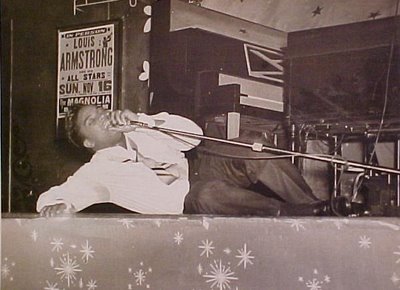
The BBC is airing a documentary on Jackie Wilson beginning in mid-December. This series will layout Jackie’s incredible career through archive of Jackie Wilson himself and new interviews with his biographers Tony Douglas and Doug Saint Carter, along with people that worked with and knew Jackie like his producer, Chicago soul legend Carl Davis, his friend Simon Rutberg, A&R king Johnny Otis who discovered him in 1951, songwriter Allen Toussaint, singers Sam Moore (Sam & Dave) and Otis Williams (The Temptations), and trombonist Bill Hughes who as a member of the Count Basie Orchestra teamed up with Jackie to record the album “The Manufacturers of Soul”.
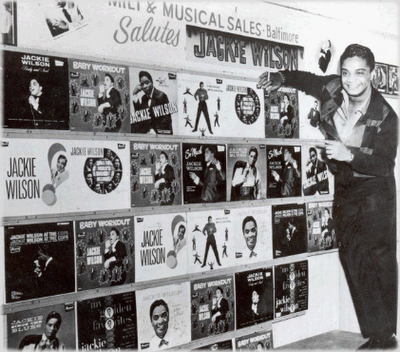 Paul Welsh , the series producer, has sent me details of the shows:-
Paul Welsh , the series producer, has sent me details of the shows:-12th December 2006:Programme 1 – Reet Petite
The story of the Detroit entertainer who started singing blues and gospel on street corners. Jackie Wilson talks about his early boxing career from an archive interview shortly before his heart attack in 1975, before moving full time into music. He quickly progressed to singing with Billy Ward & The Dominoes in 1954. Soon a solo career beckoned and Motown Records founder Berry Gordy penned Jackie’s first string of hits including the classic “Reet Petite” and “To Be Loved” which reached #22 in the UK charts in 1958. Legendary soul A&R man, Johnny Otis, talks about spotting the young Sonny Wilson, as he was known and Otis Williams of The Temptations describes Jackie Wilson’s dynamic stage persona.
Biographers Tony Douglas and Doug Saint Carter talk about these early years and friend Simon Rutberg describes a meeting between “The Black Elvis Presley and The White Jackie Wilson” as the two men joked when Elvis met Jackie in the mid fifties. U.S. soul historian Robert Pruter relates stories of Wilson’s drug addiction and womanizing which led to a jealous ex-lover shooting Jackie in 1961.

19th December 2006: Programme 2 – Lonely Life
In this episode we hear how Jackie Wilson recovered from his shooting incident in 1961, his complicated love-life and the start of his financial problems. We hear from singer Linda Hopkins who actually performed with Jackie the night he was shot, and her duets with him including “Shake A Hand” in 1963. Jackie was still a hit maker in both the soul and R&B charts as well as crossing over to a white audience with songs like “Lonely Life”, “I’m Coming On Back To You” and “Baby Workout”.
At this point Jackie experienced a bit of a career dip, despite an exhausting live schedule. One recording that showed Jackie as a consummate performer was “Danny Boy”, and some close associates explain just what made this rendition so great. Biographer, Doug Saint Carter explains how racial discrimination affected Jackie when he toured the Southern States of America, and how The Mob entered Jackie’s life, when it came to his business affairs.
26th December 2006: Programme 3 – Mr Excitement
In 1966, Jackie’s career took an upturn when he moved from New York to Chicago to team up with soul producer Carl Davis making some of his most successful records. “Whispers (Getting’ Louder)” saw Jackie embrace a deeper Chicago soul sound, but it was “(Your Love Keeps Lifting Me) Higher & Higher” that was to put Jackie back at the top of the charts. Carl Davis remembers the origins of that song and how he went about getting the best performance from Jackie in the studio.
Count Basie Orchestra trombonist Bill Hughes talks about the 1968 recording of the Basie and Wilson LP “The Manufacturers of Soul” and how Jackie failed to show up for subsequent gigs to promote the album. Wilson also failed to appear for a live radio spot on the Chicago “Soul Train” programme. Otis Williams of The Temptations recalls his horror of witnessing the flamboyant Jackie Wilson dressing for a show with no underpants! Simon Rutberg describes when his friend converted to Judaism and Jackie Wilson himself talks about his affection for all kinds of music including The Beatles and how he covered “Eleanor Rigby”.
2nd January 2007: Programme 4 – No More Lonely Teardrops
“I Get The Sweetest Feeling” was another worldwide smash for Jackie Wilson and producer Carl Davis talks with much affection for this record. Simon Rutberg reveals that Jackie Wilson recorded the original versions of both “Try A Little Tenderness” (later a hit for Otis Redding) and “For Once In My Life” (later a hit for Stevie Wonder).
Carl Davis and biographer Doug Saint Carter explain how some of Jackie’s final albums like “Beautiful Day” and “Nobody But You” were patchy but had some classic moments on them. Journalist Ian McCann talks about Jackie’s last visits to the UK, and how the British audiences loved the singer, and we hear archive clips of a very upbeat, supposedly cleaned up, Jackie Wilson talking about his career, and playing the oldies circuit.
We hear about the tragedy of 29th September 1975, when Jackie Wilson collapsed on stage singing his hit “Lonely Teardrops”, landing him in hospital in a coma and then living for a further 9 years so brain damaged he couldn’t even speak. At this stage, his career continued with a couple of releases, his desperate financial situation continued, still owing taxes and with former wives and girlfriends looking for their cut of the non-existent Wilson Fortune. When a proper gravestone was erected it read “Jackie Wilson 1934-1984 – No More Lonely Teardrops”. A sad end for such a dynamic performer. Friends and associates sum up the legacy of the great Jackie Wilson known as Mr Excitement!
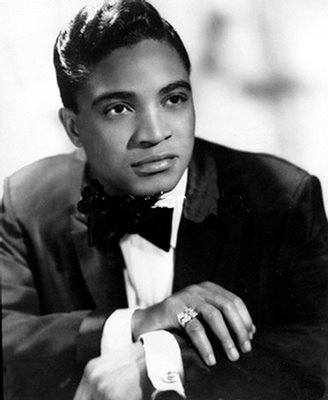
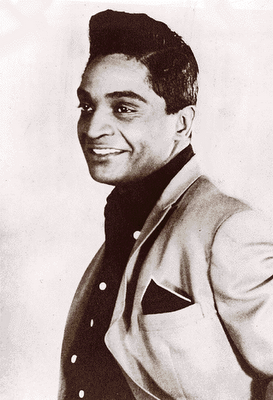
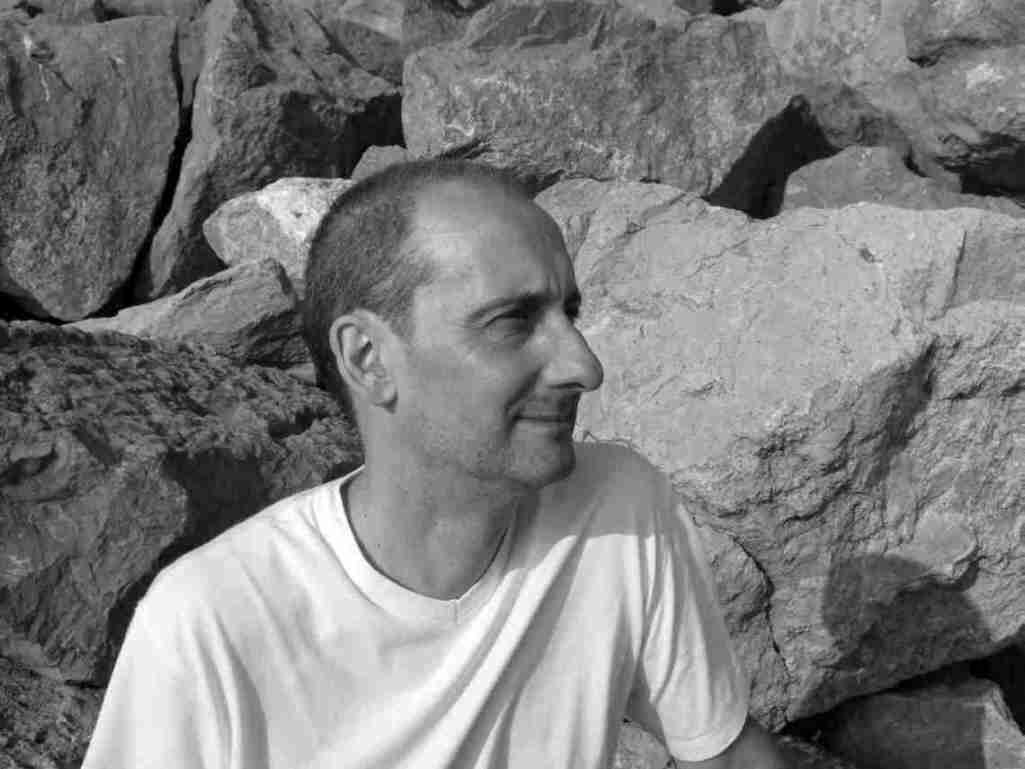




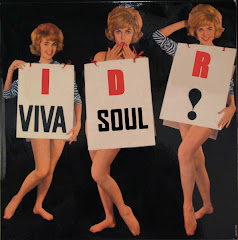









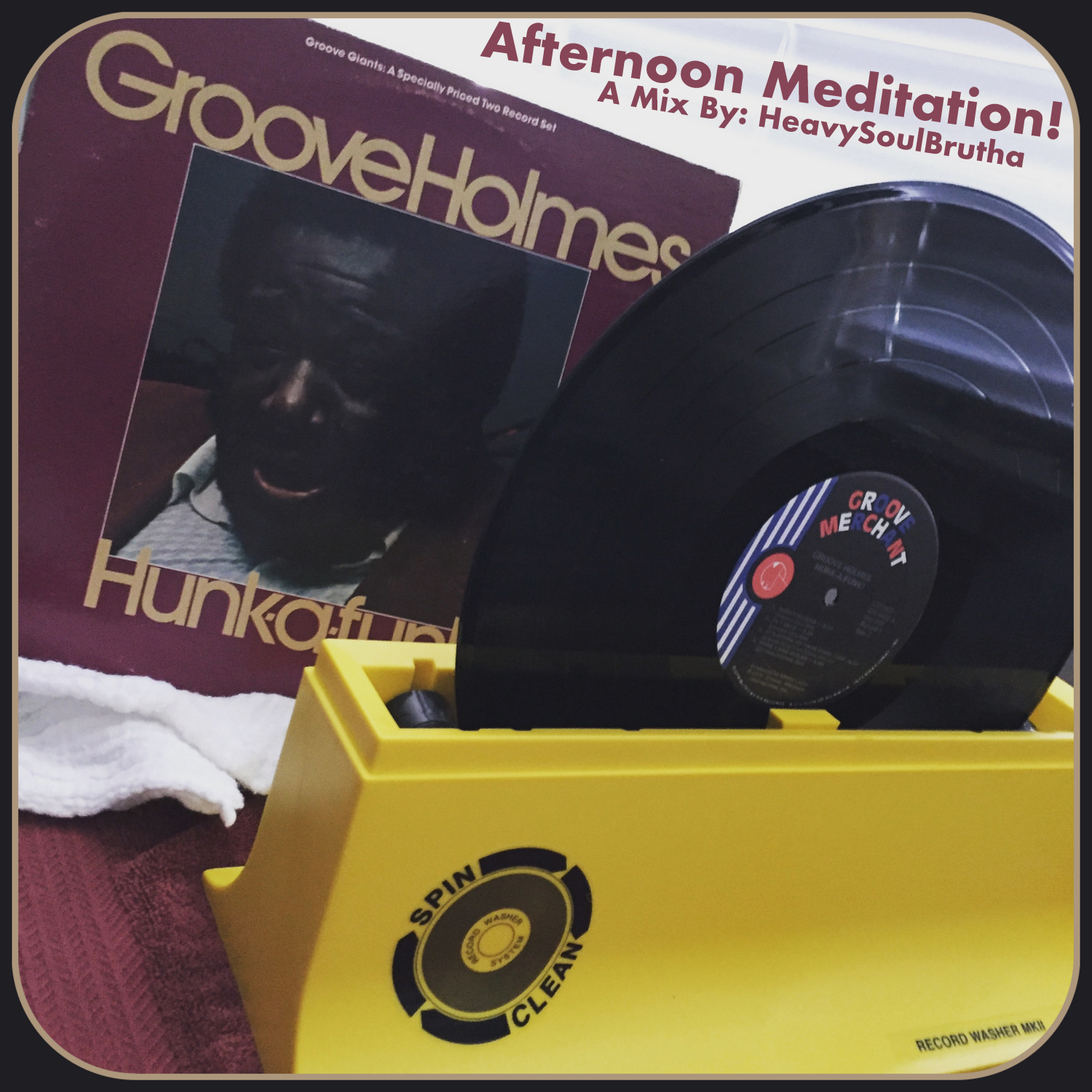





%20prauls.jpg)


























I saw Jackie perform about 60 to 80 times, I could never get enough. There is no one I've ever seen on stage that comes close to being the kind of entertainer he was.
ReplyDeleteJerry Pittman
Los Angeles
I also enjoyed many performances of Mr. Excitement at the Apollo Theater. There has never been anyone to come close to his shows.Girls were pulling out their hair screaming long before Michael Jackson came along.
ReplyDeleteJuanita Williams
Brooklyn, NY
When Jackie died, the mold was destroyed....there will never be another phenomenon like Jackie Wilson. It's too bad that when Jackie was knocking out the hits and making history, there was no video, and very few of his performances were captured on film....it's a shame that the emphasis on everything writen on Jackie has to do with drugs and womanizing rather than on the artist...the art of the man has never been eclipsed and never will be...he was one of a kind...as Elvis Presley once told him, "There is no reason whey you're not the number 1 singer in the world today"
ReplyDeleteWhat a tragic loss.
Simon